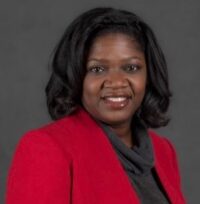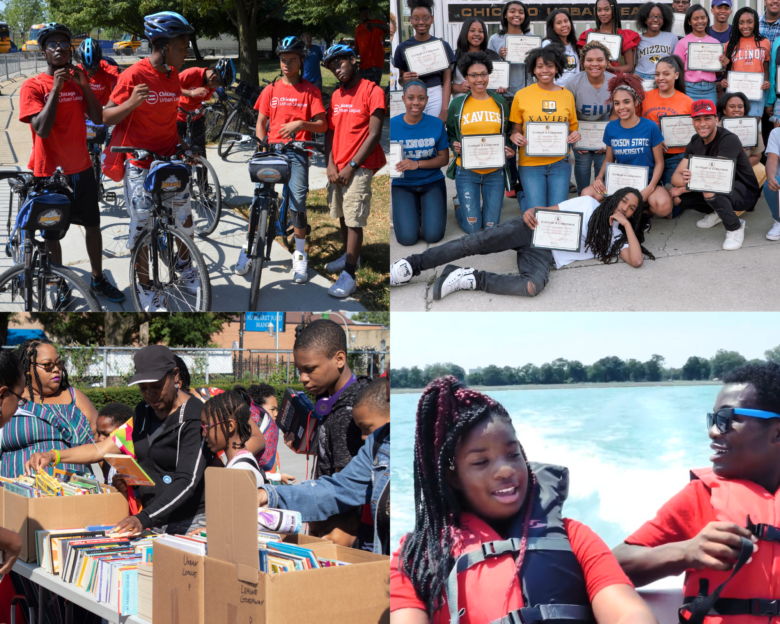The past year has been deemed unprecedented in many ways. Racial injustice, systemic racism, Black Lives Matter, and racial inequity have been terms that have flooded the media and our TV screens. There is no denying that this year has been a difficult one for many; it has shed a tremendous amount of light on the deeply rooted systemic racism that lies at the foundation of our country.

Coleman has had quite the career trajectory. She began her career in journalism as a reporter for The Wall Street Journal in the Chicago bureau, where she worked for 8 years, learning the field of journalism in its totality. Coleman said her position at The Wall Street Journal allowed her to see the similar skill set needed for journalism and public relations. This skill set prepared her for her next career opportunity working in corporate communications at Bank One, which was later acquired by JPMorgan Chase. Coleman stressed the importance of this position as she was able to capitalize on the opportunity to share knowledge about the banking industry with the African American community.
After a few years of working in corporate communications for the banking industry, Coleman transitioned into her next role at Ketchum. It was in this role that she stated her concern of being the only person of color during most of her time working at the agency, aside from the receptionist. She mentioned that every now and then a person of color would come through the door but never ended up staying very long. Coleman said that the public relations agency world consists of predominately white women with many white men holding executive leadership positions. However, she believes that some progress is being made as she is seeing former diverse colleagues now leading organizations.
It was after working at the agency that Coleman made an interesting career shift and accepted a position at the University of Chicago working in their communications and civic engagement departments. It was this position that ultimately prepared her and piqued her interest in the type of work she is doing now for the Chicago Urban League.
“My career has been the reverse of many people’s,” Coleman said. “I started at what was widely considered one of the best newspapers in the world, and certainly in the country. Then shifted to public relations, to academics, to now a community-based organization.”
This career transition has allowed Coleman to acquire the skills needed to work in the community in a way that has raised the visibility for an organization that is 104 years old and has meant so much to the African American community in Chicago. This meaningful transition has allowed Coleman to have conversations with executives at public relations agencies regarding ways to get more people of color in the door and into roles.
She defines diversity in the workforce as inviting everyone to have a seat at the table, equity as treating them equally once they are given a seat at the table, and inclusion as giving everyone a chance to have a voice and speak up that goes beyond tokenism or checking a box.
Coleman believes that the state of DE&I in the communications industry has improved and is excited about the level of conversations around the realization that there is a problem that she did not see happening five years ago.
However, she believes there is still vital work to be done.
The systemic racism rooted in our country has influenced how people of color are treated in the workplace and in life. Coleman emphasized that there is an absence in the understanding of the history of laws and policies that have advanced racism over the generations.
“It is our job as communicators to tell the story of history, impact, and how current policies aid in this problem and tell the story of what a better, more diverse society could look like,” Coleman stated.
She stressed the amount of power that young people have in using their platforms and voices to challenge societal norms and advocate for a better world.
“Young people have access to more knowledge at their fingertips than any other generation and should use it to understand what’s wrong with the world and address ways to change it,” Coleman said.
She advises young professionals who are facing challenges to “always understand your value and don’t always assume that the reason you were left out had to do with your difference. It’s not about giving people the benefit of the doubt but giving yourself a fair shot.”



1 comment
This is a beautifully written article!
Great advise to the new generation.
Would love to see more articles from Nicky Diaz.
I see a bright future for this young writer!